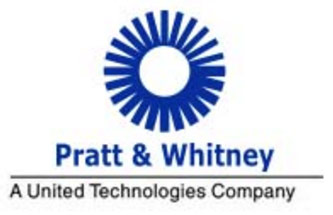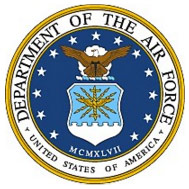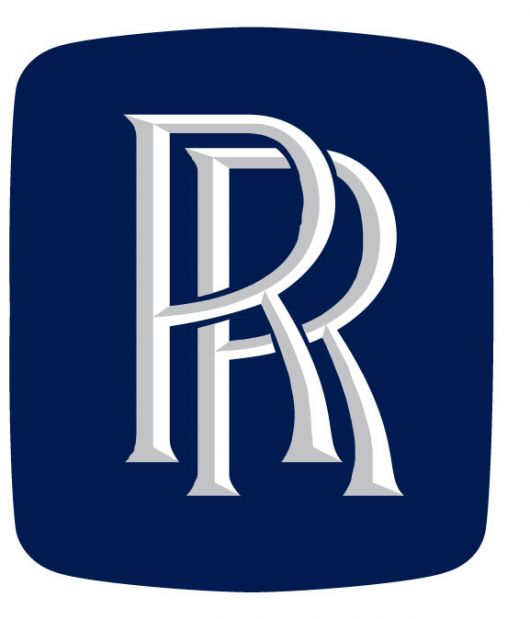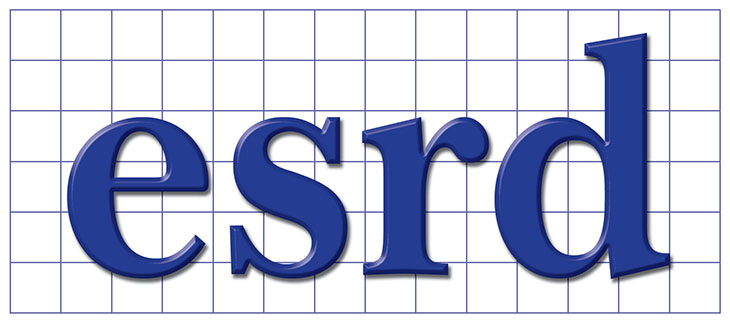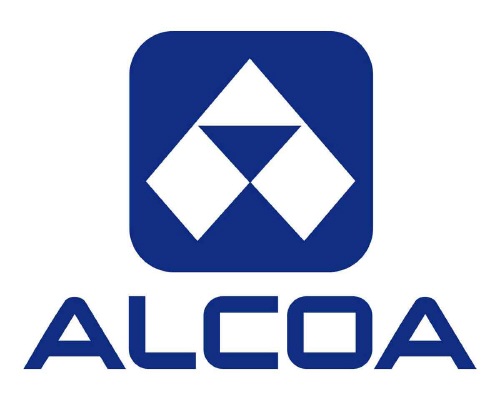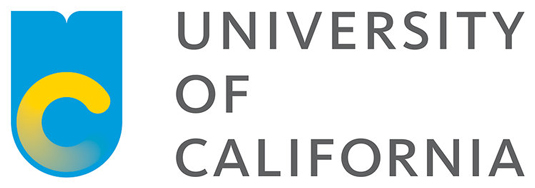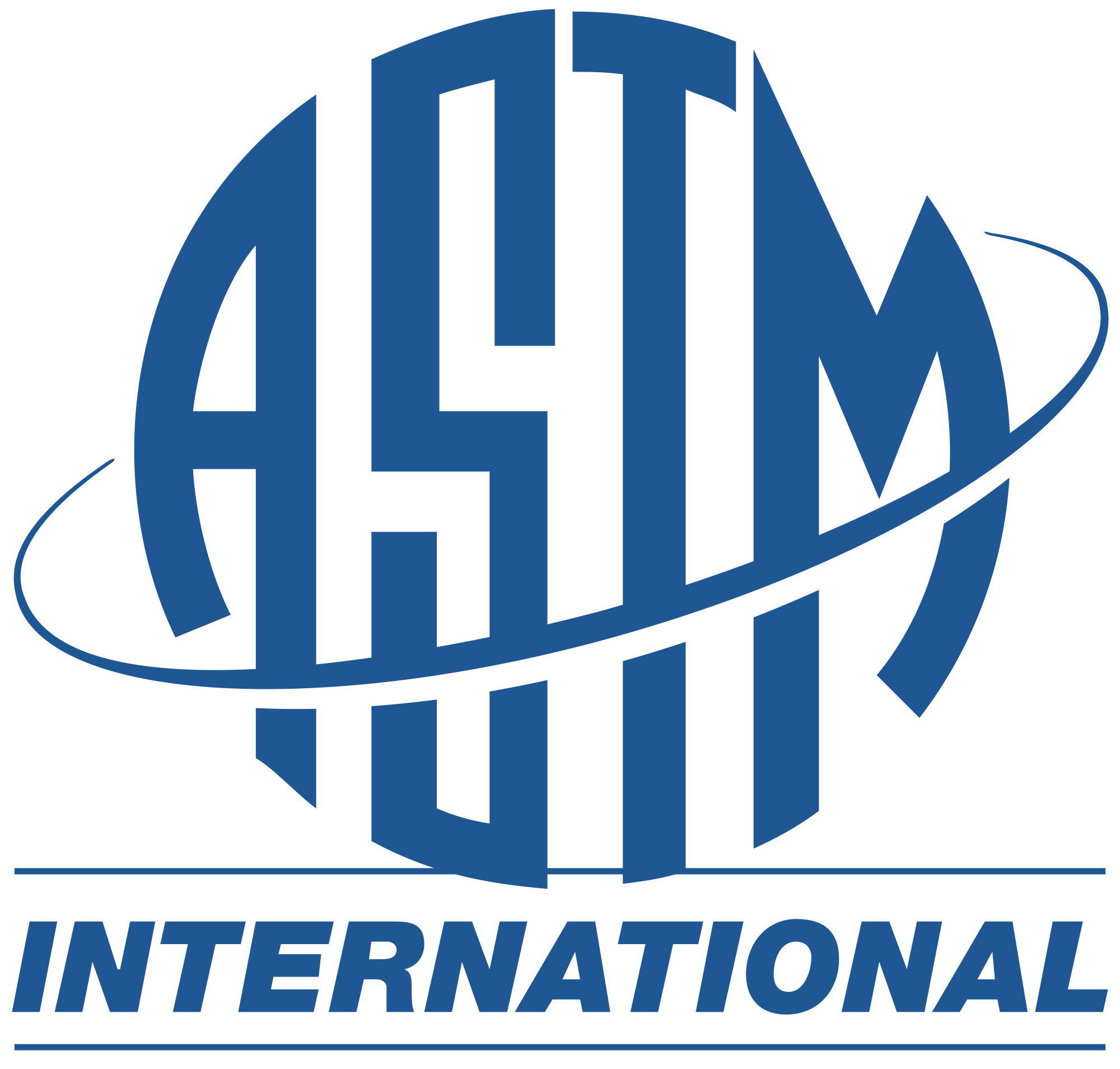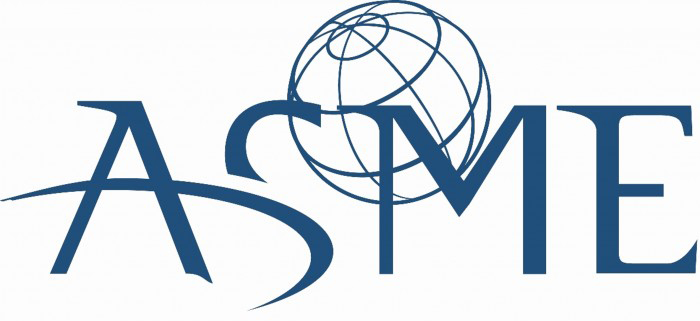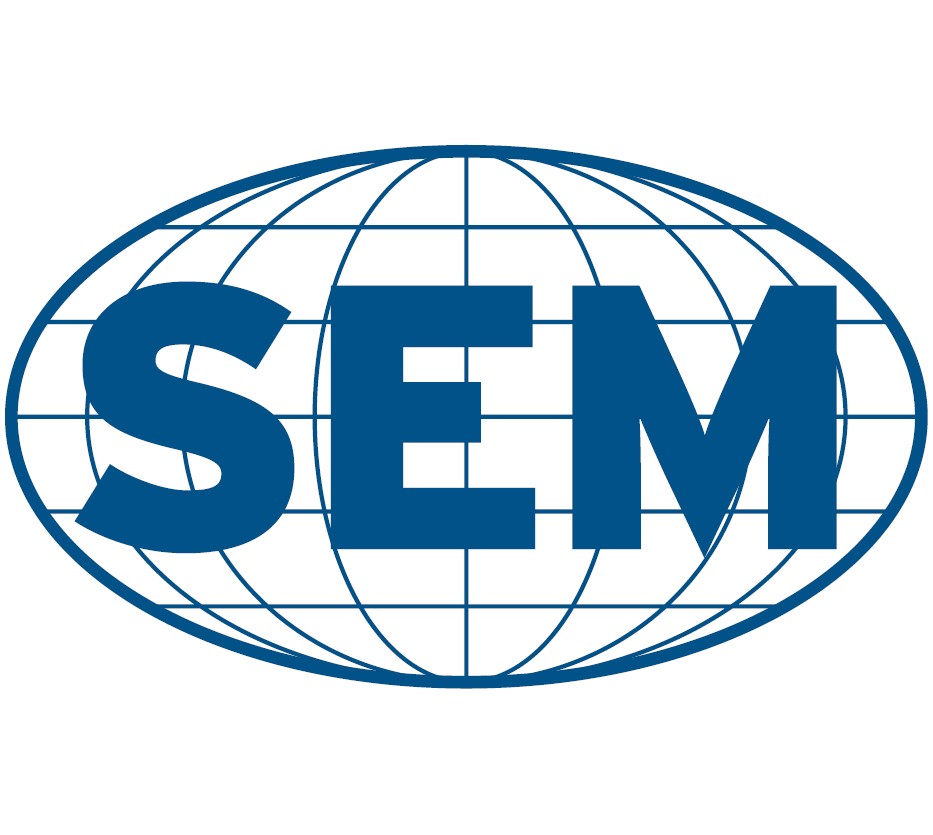Hill Engineering believes every materials engineer, designer, and manager should have solid data upon which they can make sound decisions. We have expertise to address issues arising in materials, manufacturing, and design engineering, with unique capabilities in residual stress measurement, material testing, service life assessment, and mechanical design.
Our capabilities support the solution of complex structural problems inherent to fatigue and fracture critical systems through a unique combination of capabilities in residual stress and fatigue engineering.
We have unique and comprehensive residual stress measurement capabilities. We develop and deliver innovative methods for material testing and analysis that meet customer needs during design, manufacturing, and operation.
We have a record of enabling the use of compressive residual stress treatments to extend the life of aging structures and solve sustainment challenges.
Our customers come from a broad range of industry, including aerospace, power generation, vehicles, turbo-machinery, and petrochemicals.
